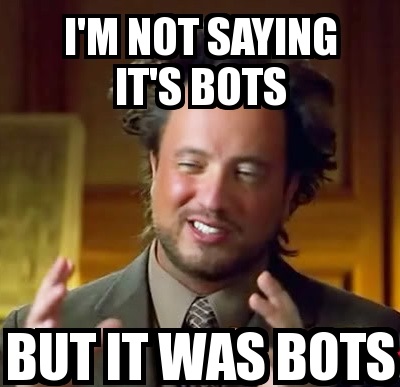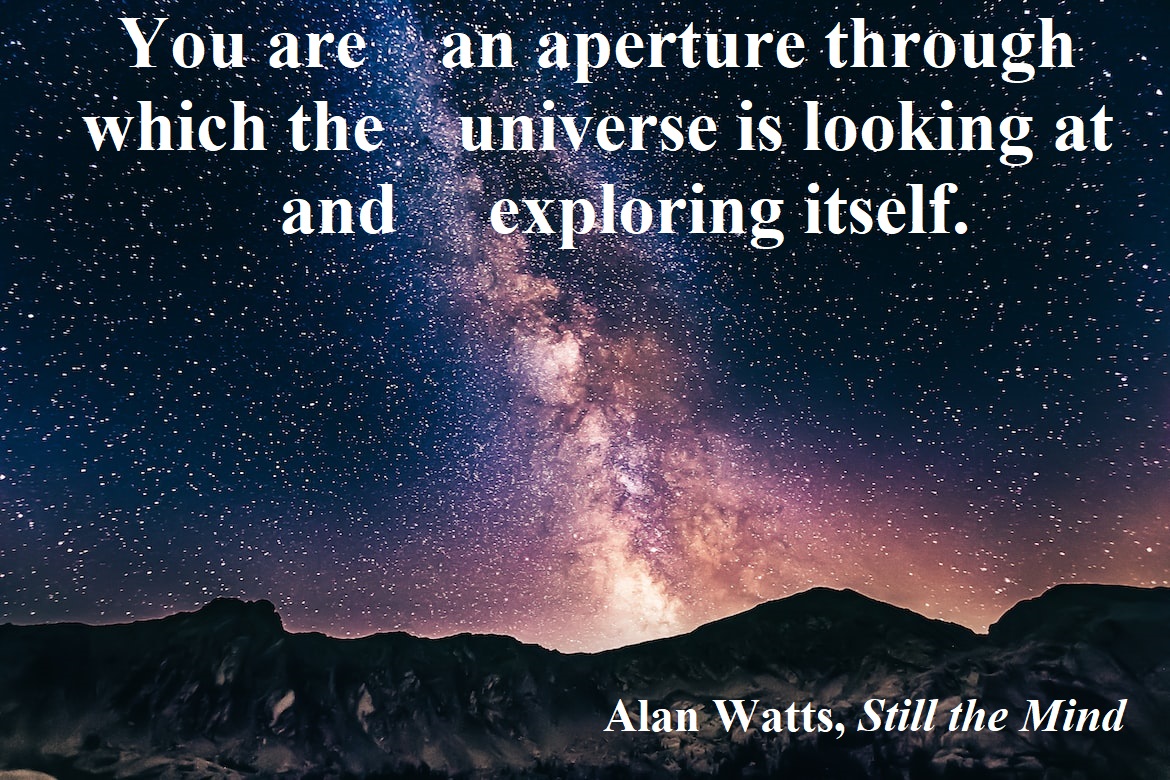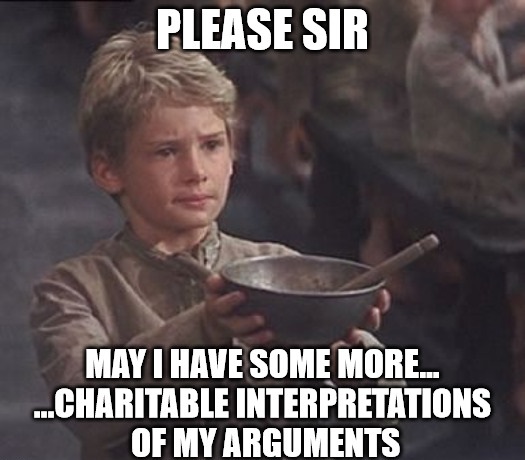Author: Brian Stone
-

Cyborg obsolescence: Who owns and controls your brain implant?
Medical breakthroughs, bionic tech, and cyborg bodymods sound like fun and games until enshittification hits your eyes, ears, and cortex Digital ‘ownership’ and obsolescence In 2009, readers of Kindle ebooks were startled to find that Amazon had remotely wiped some of their purchased books without notice. It was like Amazon had snuck into their house…
-

How college professors are adapting to rampant AI cheating
Are blue books and oral exams the answer? In the wake of LLM popularity, college is changing rapidly and both professors and students have been left flailing. Imagine being a college student on your first day of a new semester. One professor says that using generative AI is cheating, while the next says you will…
-

What you see is all there is
Risks to beware of if you use LLMs for research Human brains are amazing but imperfect machines, capable of sifting through massive amounts of input and synthesizing from that (and all our past experience) a flawed but good-enough simulation of the world around us. Our experience is a controlled hallucination, so to speak, but one…
-

Does AI threaten the commons?
OpenAI has been around since 2015 but wasn’t a household name until late 2022 when ChatGPT made LLMs accessible to everyday consumers. The company was originally founded with a mission to ensure the eventual development of artificial general intelligence (AGI) that benefits all of humanity “unconstrained by a need to generate financial return.” The ‘open’…
-

Enshittification: What is it and why is it coming for artificial intelligence?
This is a continuation of the previous blog post, “Habits: What makes a smartphone so hard to put down?” In that post, I looked at smartphone use through a behavior analytic lens, including negative reinforcement and intermittent positive reinforcement, especially the powerful variable ratio schedule of reinforcement. In this post, I look more broadly at…
-

Habits: What makes a smartphone so hard to put down?
This is the first of a two-part post on tech habits, algorithms, and enshittification (here is Part II). When’s the last time you simply sat with your thoughts? When’s the last time you let yourself be bored without turning to a screen like your phone or TV? A classic series of experiments in 2014 asked…
-

Interpretable neural networks, human and artificial
In Spring of 2025, researchers at the AI company Anthropic released a pair of papers in which they document a method for making the internal workings of a large language model like Claude interpretable rather than a mysterious black box. They also provide many case studies where they are able to probe the inner workings…
-

Why ChatGPT can’t draw a glass filled with wine
Try asking ChatGPT’s image generator to draw a glass of wine filled to the brim. As you can see in the images below, it absolutely fails at the task, even after many tries and iterations of the prompt: ChatGPT: “The wine reaches the very top of the glass, forming a dome-like effect due to surface…
-

Estimating existential risks to humanity: Remember to account for unknown unknowns
What are the odds that human civilization will be devastated, wiped out, or ‘reset’ by, say, a supervolcano? An asteroid impact? A pandemic? A.I. superintelligence deciding we’re obsolete? Nanoscale self-replicating machines consuming all biomass on Earth? The Large Hadron Collider creating a black hole that wipes out Earth? For any such scenario, the stakes may…
-

Is Wim Hof a quack?
There is no shortage online of people selling quackery, be it selling colloidal silver to cure cancer and AIDS or claims that chiropractic “adjustment” will fix asthma and autism. Basically, a quack is a health fraud, a pseudoscientific snake oil salesman, that sort of thing. For centuries, people have fallen sway to scam artists and…
-

Growth mindset: A case study in overhyped science
You’ve likely run into the term growth mindset if you’ve read an article or listened to a podcast about learning, success, or child education in recent years. Growth mindset is an idea evangelized by psychologist Carol Dweck throughout decades of research as well as her famous 2007 book Mindset: The New Psychology of Success. Her…
-

Detecting fakes: Problems of sensitivity, specificity, and algorithmic bias
Imagine you developed a bot detector algorithm, a little program that could be deployed on every Twitter, Facebook, or Reddit comment to flag it as either real or made by a bot. Sounds incredibly useful, right? But before you get excited and go mass-banning all the accounts detected as bots, you might want to check…
-

Interconnectedness, empathy, and free will
I would like to share a long excerpt about interconnectedness from Peace is Every Step, a short book by Buddhist philosopher, monk, and peace activist Thich Nhat Hanh; I’ll give some of my thoughts below that. Near the end of the book, he writes: “Usually we think that the tree is the mother and the…
-

The principle of charity
Have you ever been discussing something with a person who disagreed with you and they just didn’t seem to listen? Maybe they twisted your words and interpreted what you said in the worst of ways? Indeed, maybe you yourself have been arguing with some ignorant anonymous jerk in the comments section of social media and…
-

Science as a self-correcting enterprise: How do psychological scientists behave when previous results don’t replicate?
A key component of scientific practice has long been reproducibility: the expectation that any experiment performed should yield the same basic results when someone else performs it; in other words, the expectation that other people can follow your procedure and reproduce your findings. Even the most famous and respected scientists should have their work checked.…